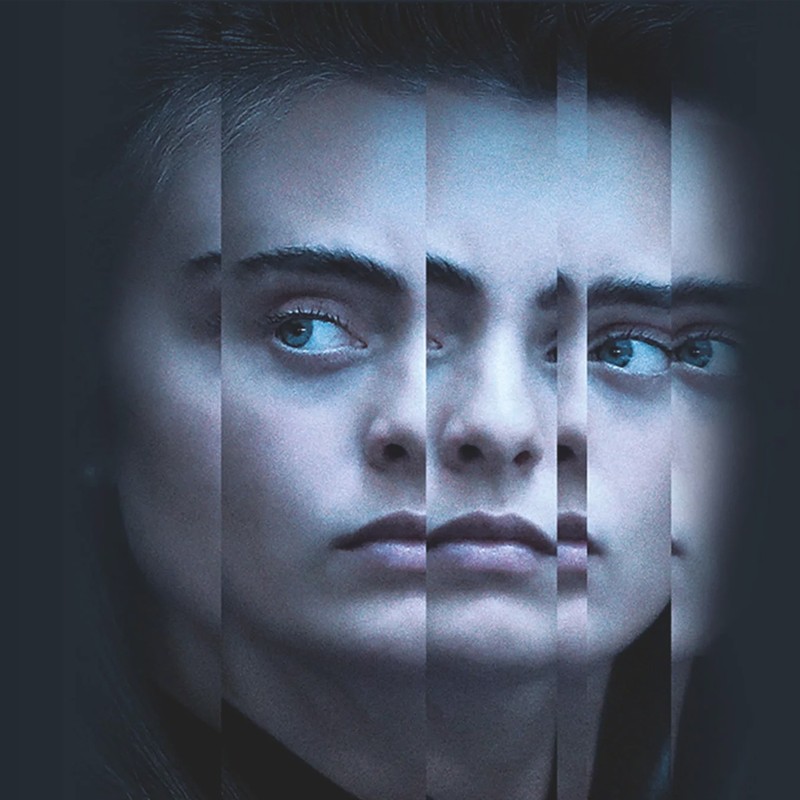The Show You Need To Binge: I Love You, Now Die
Who is Erin Lee Carr?
Even if you’ve never heard of Erin Lee Carr, you’ll definitely recognise her work. Her debut doc Thought Crimes looked at the strange case of the ‘cannibal cop’, a New York City police officer who had shared his twisted fantasies on the dark web about the torture and cannibalism of women (including his wife), raising the bizarre question of whether it’s illegal to voice vile thoughts on the internet with no action taken, and where to draw the line between sinister thoughts and a could-be crime. Her next venture was the much-publicised Mommy Dead and Dearest, the case of Dee Dee Blanchard and her daughter Gypsy Rose – with the former’s Munchausen by proxy for the latter being captured recently in the dramatized Hulu series The Act.
So Carr’s new documentary is very much her bread and butter: it covers the strange story of Michelle Carter, a Massachusetts teen accused of forcing her boyfriend into killing himself via text message. It’s a scandalous tale and one that is totally unprecedented, but Carr, as with her other triumphs, manages to take a more nuanced look at the story that’s unravelling in the media.
So what is the story?
Michelle Carter and Conrad Roy met in Florida in 2012 whilst visiting grandparents. In total they only met around five times, but they soon developed an intense relationship that mostly took place over text. Both of them had mental health issues – Carter had suffered with eating disorders, while Roy had previously tried unsuccessfully to take his own life. Like many teens, their relationship took place largely via their phones, and while initially Carter’s texts encouraged Roy to seek medical help for his problems (“The mental hospital would help you," she said June 2014. "I know you don't think it would but I'm telling you, if you give them a chance, they can save your life.") it wasn’t long before she was sending a very different kind of message.
She began endorsing his suicidal thoughts, even giving him methods – “Hang yourself jump off a building stab yourself idk there’s lots of ways” – and pushing him not to delay his plans (“You can’t think about it. You just have to do it.”). She even asked him to give her a shout-out if he decided to do one final tweet before his death. Eventually, with motivation from Carter, he decided he would commit to killing himself. On 13th July 2014 he sat in his truck as it filled with carbon monoxide – but had second thoughts, jumping out of the car and texting Carter. Carter told Roy to get back in. He did. Roy died in that truck, in a Massachusetts Kmart parking lot.
Will I like it?
In a nutshell, you can trust Carr to tell a story and tell it well. Like any good filmmaker, Carr makes an effort to explore both sides – she makes a point of showing that, for the first 18 months of their relationship, Roy sent Carter a lot of suicidal imagery, and suggested they could be like Romeo and Juliet at the end. And despite the messiness of this case, Carr never seems to really settle on anyone’s side.
It’s obviously not an easy watch – their relationship is so toxic, and in some ways a symptom of the cultural climate they live in (at one point, Carr shows Carter sending texts to Roy that are verbatim quotes from characters on Glee, indicating she was having a hard time separating fact from 21st Century fiction). A lot of what was happening was fantasy taken from the hyped-up romance of TV dramas. Carr also shows how complex and new this kind of case is – this was a kind of manslaughter charge no-one had seen before, looking at whether a killing could be carried out via text message.
Carr is constantly searching for truth in stories shrouded in scandal, because she knows true crime is about more than the shock factor – it has to have a certain level of empathy. “True crime has a way of creating a visceral, physical reaction,” Carr tells The Guardian. “There’s nothing like hearing about other people’s hurt. We’re herd animals, and we don’t want to see other people hurting. It’s like sports, with built-in stakes that you get invested in. This is a story about human beings, people also struggling with mental health issues will see it, and so we have to make sure to be compassionate while reporting on scandal.”
I Love You, Now Die is streaming now on Hulu in the US, and is due to be released in the UK later this month.
DISCLAIMER: We endeavour to always credit the correct original source of every image we use. If you think a credit may be incorrect, please contact us at info@sheerluxe.com.


